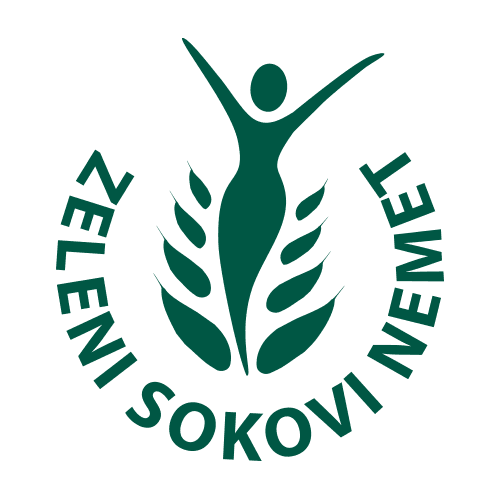Vitamin B12

Vitamin B12 or cyanocobalamin or simply cobalamin, is a complex chemical compound of red color, soluble in water and sensitive to air and light. It contains cobalt. Cobalamin is synthesized exclusively by some microorganisms; neither plants nor animals produce it.
It is essential for growth, proper formation and maturation of red blood cells, and normal functioning of the nervous system.
The two main functions of vitamin B12 are stimulating growth and stimulating the formation and maturation of erythrocytes. It is necessary for proper metabolism of proteins and amino acids (methionine, tryptophan, tyrosine), synthesis of nucleic acids, prevention of pernicious anemia, and is essential for normal function and maintenance of the integrity of nerve and epithelial cells.
Vitamin B12, like other B vitamins, plays an important role in converting fats, carbohydrates, and proteins into energy. It is crucial for the production of genetic material RNA and DNA as well as myelin, which forms a protective sheath around nerves.
Hypovitaminosis is rare but occurs in vegetarians who have not consumed meat, eggs, or dairy products for years.
The common cause of deficiency is not a lack of vitamin in food, but deficient formation of the intrinsic factor normally secreted by parietal cells of gastric glands, which is necessary for the absorption of vitamin B12, thus leading to pernicious anemia. The disease is insidious, developing gradually and progressing slowly. It begins with fatigue that intensifies with exertion, heart palpitations, and pallor. Loss of appetite, bloating, and diarrhea occur. A burning sensation of the tongue may appear, especially when consuming acidic foods, and loss of taste sensation. Depressive changes, memory disorders, paresthesia of extremities, especially legs, in the form of numbness and tingling are observed. Also, leg pain and difficulty walking occur, and very rarely, paralysis of the legs and disturbances in urination and defecation.
Patients are pale, weak, sometimes bedridden. The tongue of most patients is smooth, without papillae, as if lacquered, and rarely glossitis (inflammation of the tongue mucosa) with mucosal erosions (Hunter’s glossitis) occurs. Dyspnea (breathing disorder) on exertion, rapid heart rate, with the appearance of a functional heart murmur develop. The liver and spleen may be enlarged. Some patients have nervous system damage. There is a disturbance of deep sensibility, increased reflexes, and the appearance of pathological reflexes.
A particular result of vitamin B12 deficiency is frequent demyelination of large nerve fibers in the spinal cord, resulting in significant loss of peripheral sensibility, and in severe cases, paralysis.
Sources of Vitamins
Natural sources of this vitamin are: animal-derived foods – liver, kidneys, milk, meat, eggs, cheeses, fish and shellfish, and it is synthesized by intestinal flora.
Recommended Daily Dose
- men: 3 µg,
- women: 3 µg,
- pregnant and breastfeeding women: 4 µg
Application: treatment and prophylaxis of pernicious anemia in myelocytic and megaloblastic anemia, alcoholism, gastritis, renal diseases, stress.
The need for vitamins and minerals is increased during pregnancy, but large doses can be harmful to both mother and child.
A vitamin deficiency is considered to be a serum concentration lower than 100 picograms/ml.










